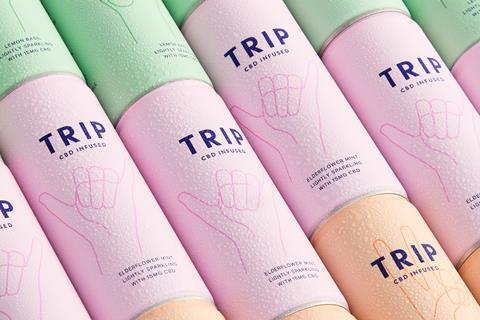
Walk into any store and the rise of functional drinks is hard to miss. Gut health, clean energy, added vitamins, CBD-infused – the category is everywhere. More brands are launching. More space is being given. More shoppers are paying attention. This could be the start of a very exciting flywheel, with huge potential to impact not only soft drink sales but the health of the nation.
The numbers back it up. Functional drinks are now worth £178m, up 34% year on year. That’s a staggering £45.6m net growth, compared to just 2.4% for total soft drinks. Growth is broad-based too: grocery accounts for 71% of volume, but convenience is not far behind, growing by 15% in the past year [Circana EPoS data to 17 May 2025].
All brilliant numbers, but we all know the base could be so much bigger. So, as someone who spent many years in commercial and category roles before starting Vital, I can’t help but wonder: can we as an industry, as a collective, do something to make the flywheel spin faster for the benefit of all?
Confusing claims
First things first: we should remember that in impulse-led categories, ease of shopping drives conversion. Right now, functional can be hard work. Shoppers are often met with a wall of claims, scientific-sounding benefits, unfamiliar ingredients, and no clear way to compare. What does this one actually do? Is it still or sparkling? Why does the price vary so much? What is magnesium? What is this brand?
Retailers have already made progress. Better-for-you chillers, wellness zones, and functional bays are now appearing across both grocery and convenience. Some have introduced shelf-edge blockers to group products by benefit – clean energy, gut health, vitamins – and explain them in a shopper-friendly way. These interventions are smart. They create visibility and reduce friction at the fixture.
But the next phase of growth will come from brands stepping up, and from deeper brand-retailer activation partnerships.
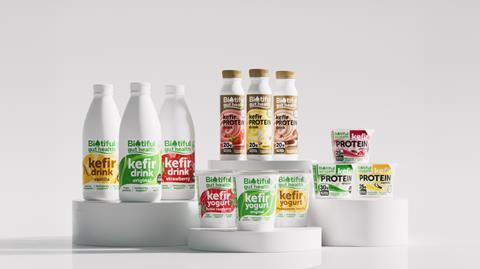
Clear communcation
Functional needs to be more than interesting – it needs to be designed for mass-market. This means less niche botanicals and fermented blends, and more flavours people instantly recognise and know they enjoy. It means more accessible price points that support regular habits, not one-off curiosity. And it means clear, benefit-first messaging: energy, gut health, immunity, in a language that will be engaged with in both Hull St Stephens Tesco Extra and Whole Foods.
So what can brands take away from this? Think about how we are making the category less noisy, both individually and collectively. Partner on activation, and jointly support the shopper to understand us as a group serving an occasion.
And retailers? Balance sheer quantity of brands with those that are really going to support shopper education and mass-market mindset, like Biotiful did in kefir or Tofoo Co in alt protein. Fewer horses, bigger bets, greater investment.
The bar is now set by soft drinks – a category where flavour, price, and clarity are a given. If functional takes on even a fraction of these principles, the flywheel will hugely accelerate. And I, for one, have bet my life on it.
Al Duffield, founder of Vital Drinks

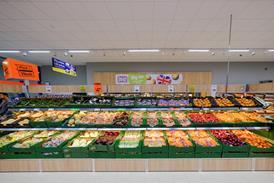
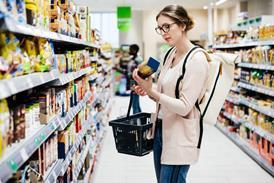

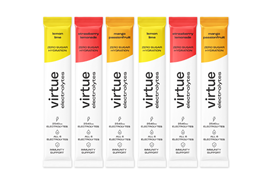

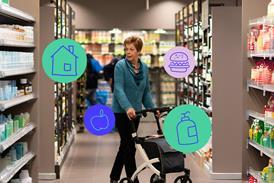
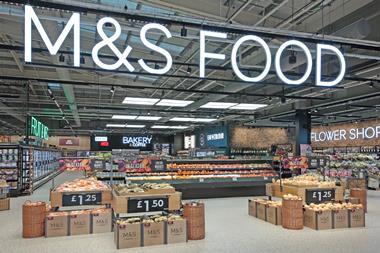

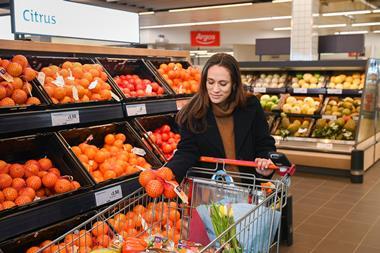

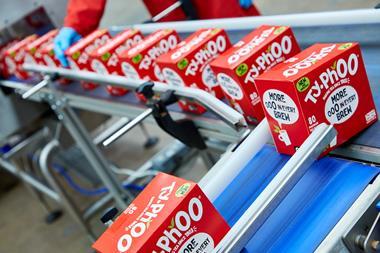
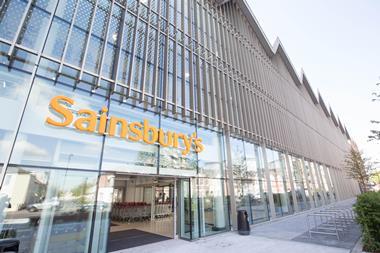
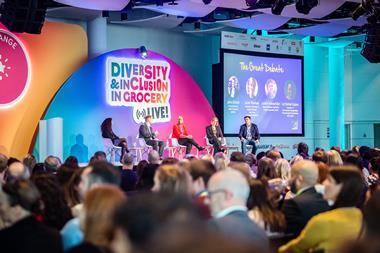



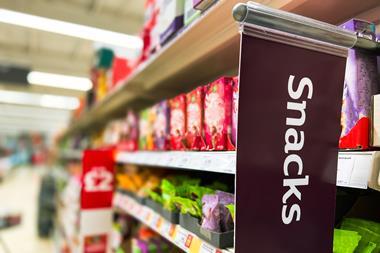

No comments yet